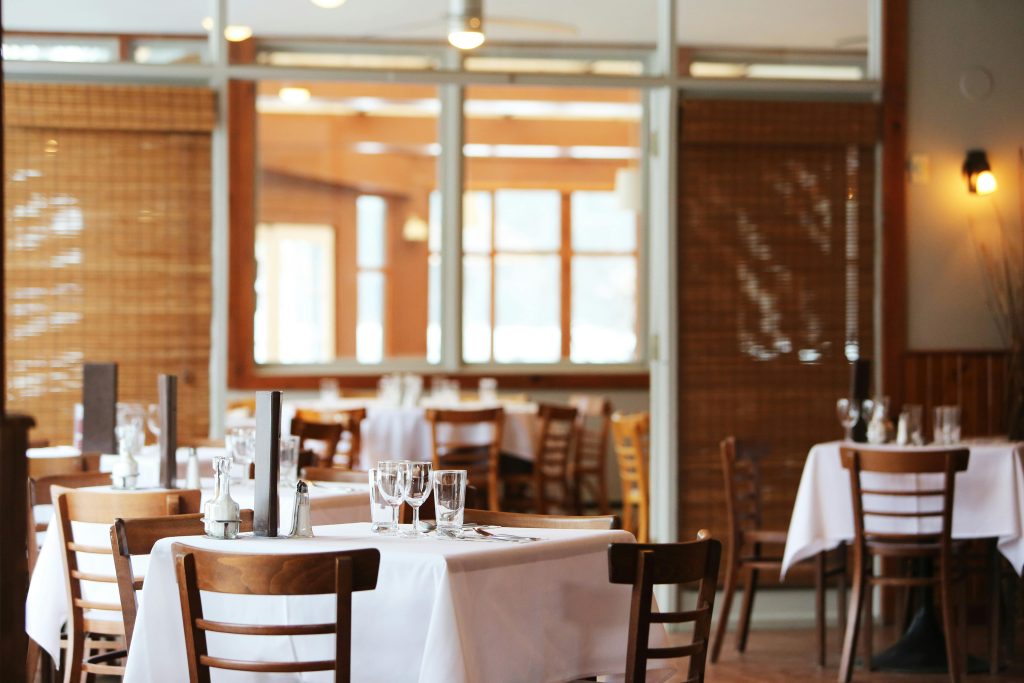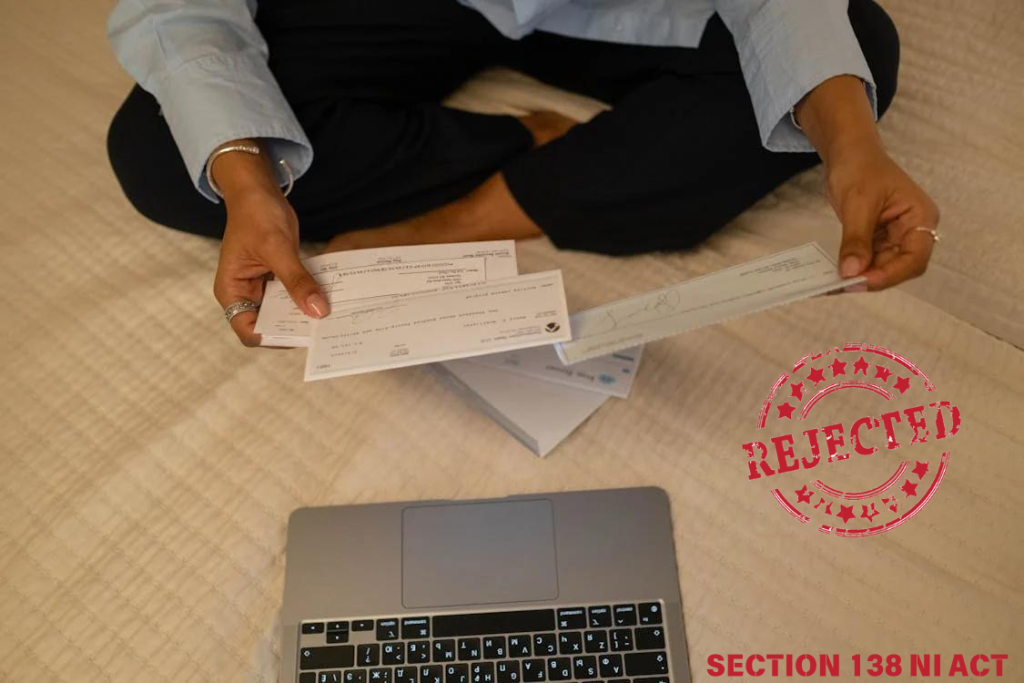The Delhi High Court in a case titled National Restaurant Association Of India & Ors. Vs. Union of India bearing W.P.(C) 10683/2022 on 28.03.2025 recently issued a significant ruling on the legality of service charges imposed by restaurants and hotels. This decision has far-reaching consequences for both consumers and businesses, clarifying the legal framework that governs such charges and reinforcing consumer protection laws in India.
Legal Background of the Case
The issue of service charges has long been contentious in India, with restaurants and hotels often imposing a fixed percentage—ranging from 5% to 15%—on customers’ bills. While businesses claim that these charges help fairly compensate staff, consumer rights activists have argued that mandatory service charges violate consumer rights by restricting free choice.
The dispute culminated in a legal challenge before the Delhi High Court, where petitioners contended that forcing customers to pay a service charge, without their consent, amounts to an unfair trade practice under Indian law. The court was called upon to decide whether such charges were legally permissible and if consumers had the right to refuse payment.
Key Legal Findings from the Judgment
The Delhi High Court, in its ruling, emphasized the fundamental legal principles governing service charges. The judgment highlighted the following key points:
- Service Charges Cannot Be Imposed Mandatorily – The court ruled that any mandatory imposition of service charges violates consumer rights. Such a practice is deemed an unfair trade practice under consumer protection laws.
- No Automatic Addition Without Consent – Restaurants and hotels cannot unilaterally add service charges to bills. Any such addition without explicit consumer consent is unlawful.
- Right to Refuse Payment – Customers who are dissatisfied with the service have the right to refuse the service charge without facing any repercussions. This ensures that tipping remains a voluntary act of appreciation rather than an enforced obligation.
- Consumer Protection Laws Reinforce Voluntary Payment – The court referenced various provisions of consumer protection legislation that prohibit businesses from misleading or coercing customers into making additional payments beyond the agreed price.
- No Penalization for Non-Payment – Businesses cannot penalize customers for refusing to pay a service charge. Consumers must be allowed to make an informed decision about tipping based on service quality.
Legal Framework Governing Service Charges
The Delhi High Court’s ruling is grounded in key provisions of Indian law, which provide strong legal backing for consumer rights in such cases:
- Consumer Protection Act, 2019: This law prohibits unfair trade practices, including imposing hidden or mandatory charges. Under this Act, any deceptive or misleading practice that forces consumers to pay extra amounts without their explicit agreement is unlawful.
- The Indian Contract Act, 1872: For any payment to be legally binding, both parties must mutually agree to its terms. A restaurant bill that includes a service charge without explicit customer consent does not constitute a valid contractual obligation.
- The Competition Act, 2002: If a group of businesses collectively imposes service charges without consumer consent, it could be considered an anti-competitive practice under this Act.
- The Essential Commodities Act, 1955: While primarily regulating food and essential goods, this Act also mandates transparency in pricing within the hospitality sector, ensuring that consumers are not charged hidden fees.
- Hotel and Restaurant Approval and Classification Committee (HRACC) Guidelines: These guidelines specify that service charges should be optional and that consumers should have the freedom to decide whether to pay.
Implications for Consumers
This ruling is a major victory for consumer rights in India. Consumers now have the legal backing to challenge any service charge added to their bill without prior agreement. If a restaurant refuses to remove such a charge, customers can:
- File a complaint with consumer protection authorities under the Consumer Protection Act.
- Approach consumer forums to seek redressal.
- Report violations to regulatory bodies that oversee the hospitality industry.
This judgment ensures that consumers are no longer compelled to pay additional charges and can decide whether or not to tip based on the quality of service received.
Impact on Restaurants and Hotels
For businesses, this ruling means that they must adapt their billing practices to comply with the law. Key changes include:
- Transparency in Pricing: Restaurants and hotels must clearly communicate that service charges are optional and cannot include them in the bill without customer approval.
- Encouraging Voluntary Tipping: Instead of imposing a fixed service charge, establishments may encourage tipping based on customer satisfaction.
- Compliance with Consumer Protection Laws: Businesses that fail to comply with the ruling may face legal penalties and damage to their reputation.
Some businesses might choose to adjust their pricing structures to compensate for the loss of service charge revenue. However, they must ensure that any such changes are legally compliant and clearly communicated to customers.
Final Thoughts
The Delhi High Court’s ruling on service charges marks a significant step in strengthening consumer protection in India. By reinforcing the principle that all additional charges must be voluntary and transparent, the judgment ensures fairer business practices in the hospitality sector.
Consumers should remain vigilant about their rights and report any violations of this ruling. Meanwhile, businesses must align their policies with the law to avoid potential legal consequences and maintain customer trust.
Have you ever encountered service charge disputes at restaurants? Share your thoughts and experiences in the comments below!







